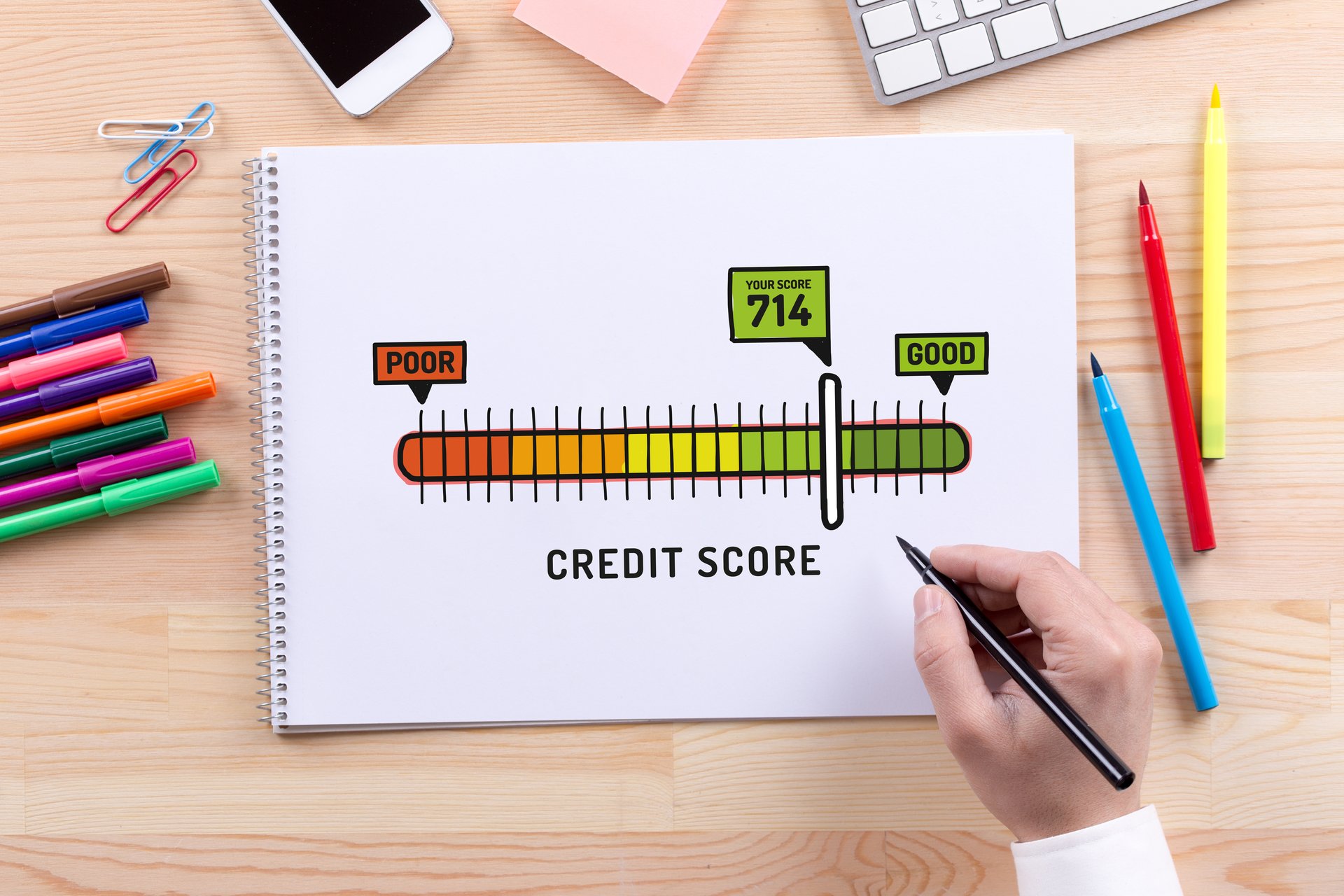
Making even one 30-days-late payment on a debt can cause your FICO credit score to plummet by 60 to 110 points.
But what happens to your credit score when the late payment is eventually purged from your credit history? The credit scoring company Fair Isaac Corp., or FICO, recently set out to answer this question by analyzing its data on U.S. consumers who had a serious delinquency — meaning a debt that was at least 90 days past due — between 2009 and 2010.
Under a federal law known as the Fair Credit Reporting Act, delinquencies like late payments are generally removed from your credit report after seven years. This tends to improve your credit score because credit scores are generally based on the information in your credit report.
When FICO looked at consumers who had a single delinquency removed from their credit report between May 2016 and July 2016, it saw a credit score increase of 14 points, on average.
Looking at consumers who had all of their remaining delinquencies removed from their credit report between May 2016 and July 2016, FICO found they experienced a credit score increase of 33 points, on average.
If you’re wondering why scores didn’t increase more, FICO offers three possible explanation:
- The analysis examined score change over a three-month window, so the purged delinquencies may not be the only factor contributing to score changes during that window. “A lot can happen — a new delinquency, or running up credit card balances, for example,” FICO notes.
- The FICO credit scoring formula considers how old a delinquency is, giving less weight to older delinquencies.
- Some consumers included in the analysis had other, more recent delinquencies and negative info in their reports. FICO says this means removing a serious delinquency would not improve those consumers’ scores much.
The good news is that it’s still possible for small credit score increases to improve your ability to get credit. FICO explains:
“Credit availability would increase if the consumers’ score rises resulted in the consumers now meeting lenders’ baseline score thresholds.”
For example, looking at the consumers who had a delinquency removed from their credit report between May 2016 and July 2016, FICO found that the portion with a credit score above the 700 threshold increased by 5.9 percent. Looking at the consumers who had all delinquencies removed during that window, the portion with a score above the 700 threshold increased by 21.1 percent.
Do you know what’s in your credit reports?
FICO’s research highlights the importance of your credit report — knowing what’s in it, checking it regularly and disputing errors and other negative information.
Again, your credit score is based on the information in such reports. And as we explain in “Boost Your Credit Score Fast With These 7 Moves“:
“Like it or not, your credit score dictates everything from whether you’re approved for a credit card to what rate you’re offered on a mortgage. … it can also make or affect your job prospects. Employers can and do pull credit reports before making hiring decisions.”
There are three nationwide credit reporting agencies that maintain credit reports on consumers — Equifax, Experian and TransUnion. Under federal law, they each must give you one free copy of your credit report annually. You can request it at AnnualCreditReport.com.
If you find any errors or delinquencies on your credit report, know that you can correct or dispute them — even delinquencies that are less than 7 years old. For example, Money Talks News founder Stacy Johnson breaks down so-called zombie delinquencies — which he has experienced personally — and how to get them removed from your credit report in “Ask Stacy — How Can I Get a Delinquency Off of My Credit Report?”
For more help, check out “Fixing Your Credit? Do These 5 Things, Avoid These 3.”
If you feel overwhelmed by the task of repairing your credit, check out “Get Help Restoring Your Credit” instead. It will guide you to a reputable credit restoration expert if you decide that the do-it-yourself credit repair route is not for you.
Are you surprised by the findings? Sound off below or on our Facebook page.




Add a Comment
Our Policy: We welcome relevant and respectful comments in order to foster healthy and informative discussions. All other comments may be removed. Comments with links are automatically held for moderation.